Japan's labor market is witnessing an increasingly fierce war for talent, especially in the context of labor shortages in many fields, especially services.
 |
| Japanese companies change recruitment strategies. (Source: recruiterslineup) |
Large companies in Japan are making significant changes in their recruitment strategies, shifting from a confidential model to a more public one, in order to attract and retain young talent.
Hiring traditions in Japan often require companies to keep information about job positions and responsibilities under wraps until new employees start working. However, this trend is slowly changing. Young Japanese people have coined the term “Haizoku gacha” to describe the uncertainty about job assignments, a concept that has been compared to the game “gacha-pon,” where players do not know what item they will receive until they spin the wheel.
According to a recent survey by recruitment firm Recruit, around 85% of university graduates who are expected to start working next year want to know detailed information about a position before accepting a job offer. This shows that today's new recruits are increasingly interested in their career options and want to be more proactive in deciding their future.
To meet this demand, many companies have begun implementing new measures in the recruitment process. For example, Japan’s Sompo Insurance asks new hires about their career preferences, allowing them to choose from about 30 different types of jobs. After a screening and interview process that begins in November, about 300 new recruits will be notified of their positions before they start work in April next year.
Similarly, electronics manufacturer Panasonic Holdings has adopted a similar model, allowing job seekers to choose from around 150 positions within the group. Beverage company Kirin Holdings has gone a step further, offering 10 main options for candidates.
This change not only reflects companies’ adjustment to the growing demand for young talent, but also reflects a larger trend in the Japanese labor market. As competition for human resources becomes increasingly fierce, creating an attractive and transparent work environment is becoming a decisive factor in attracting and retaining talent.
The war for talent in Japan is heating up with drastic reforms in recruitment methods. Large companies have become more aware of the importance of meeting the wants and needs of new recruits, creating a more dynamic and attractive labor market for the younger generation.
Source: https://baoquocte.vn/cuoc-chien-nhan-tai-doanh-nghiep-nhat-ban-thay-doi-chien-luoc-tuyen-dung-291602.html








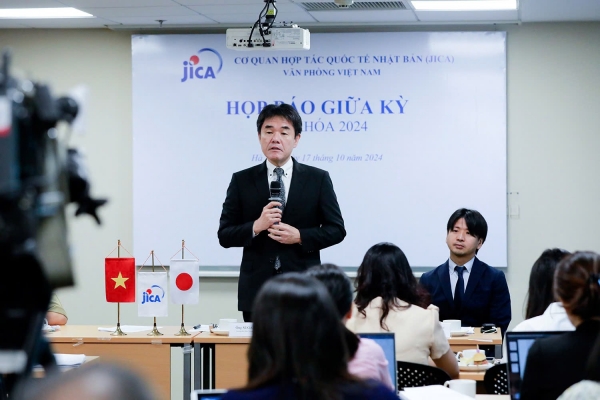

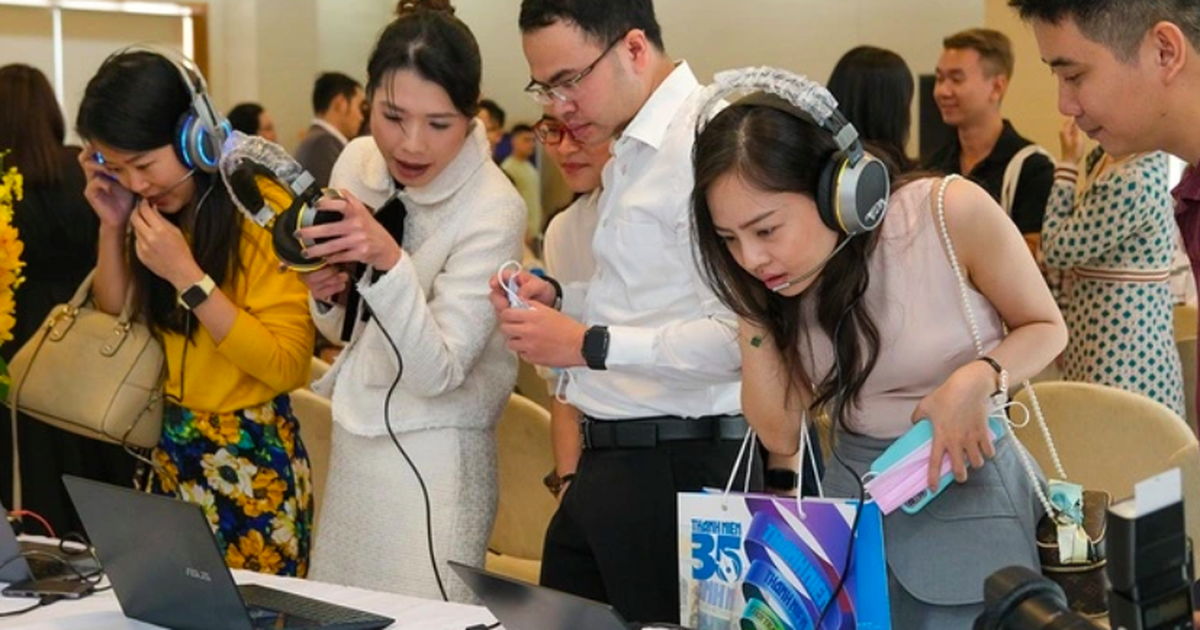

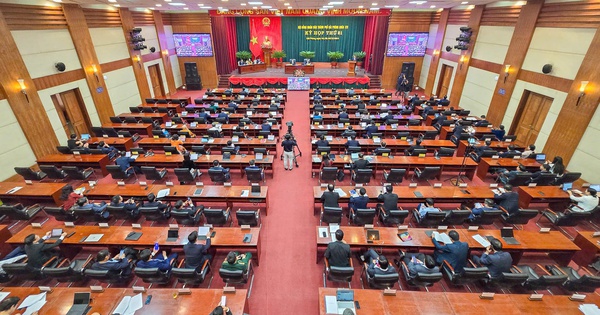

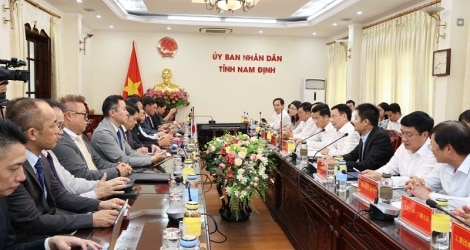



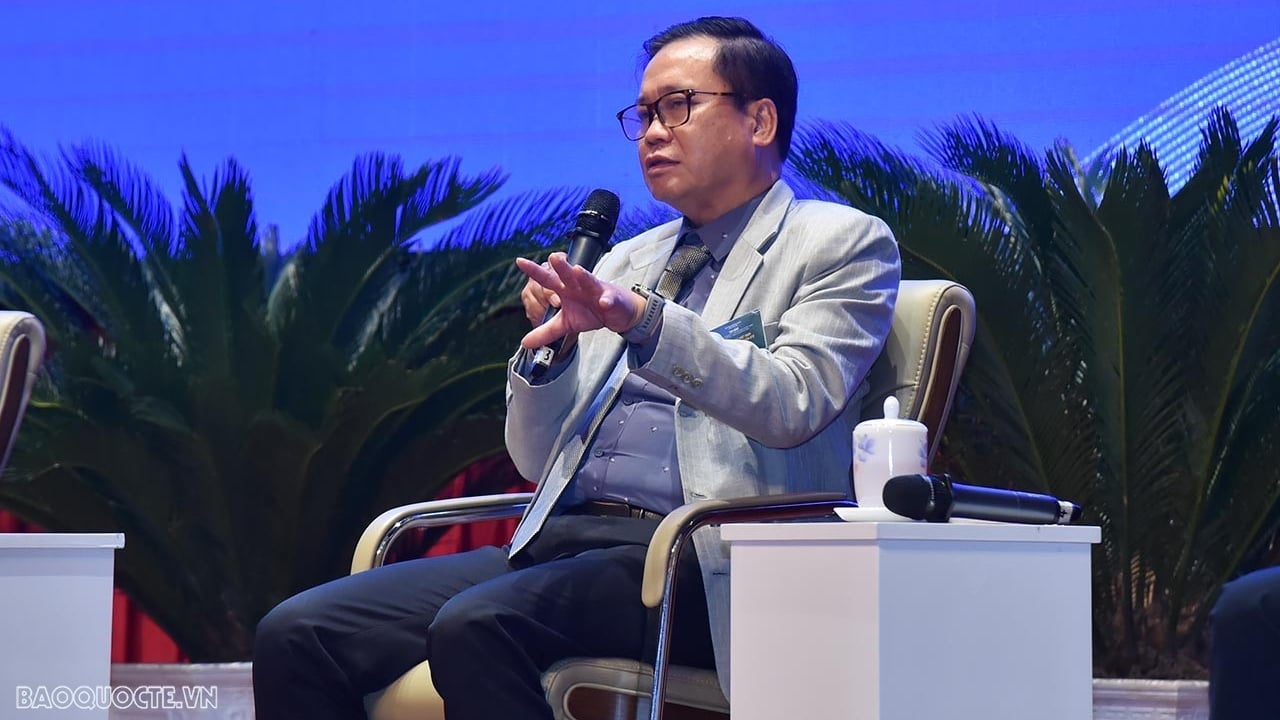



















![[Photo] Prime Minister Pham Minh Chinh chairs Government Conference with localities on economic growth](https://vstatic.vietnam.vn/vietnam/resource/IMAGE/2025/2/21/f34583484f2643a2a2b72168a0d64baa)






























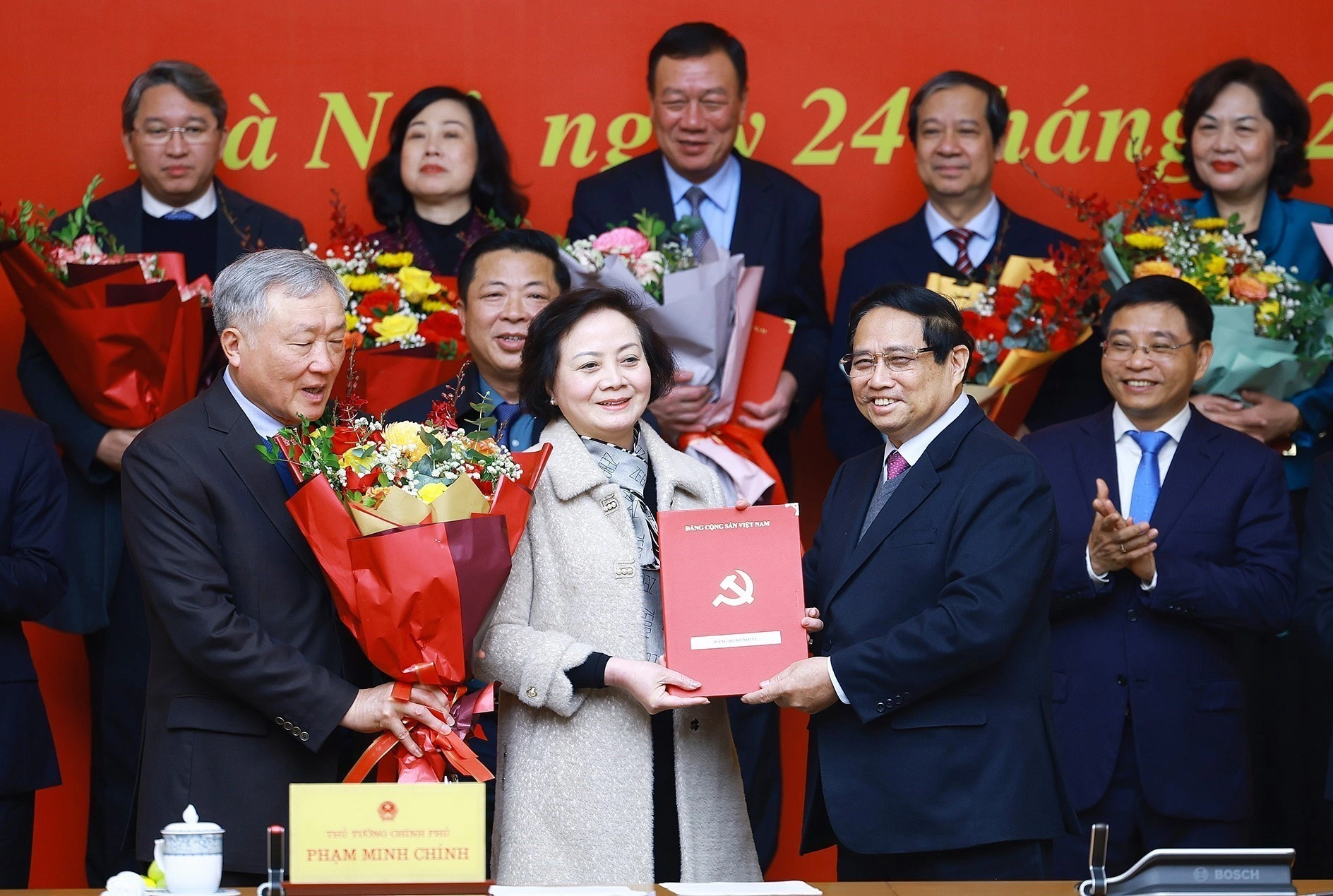
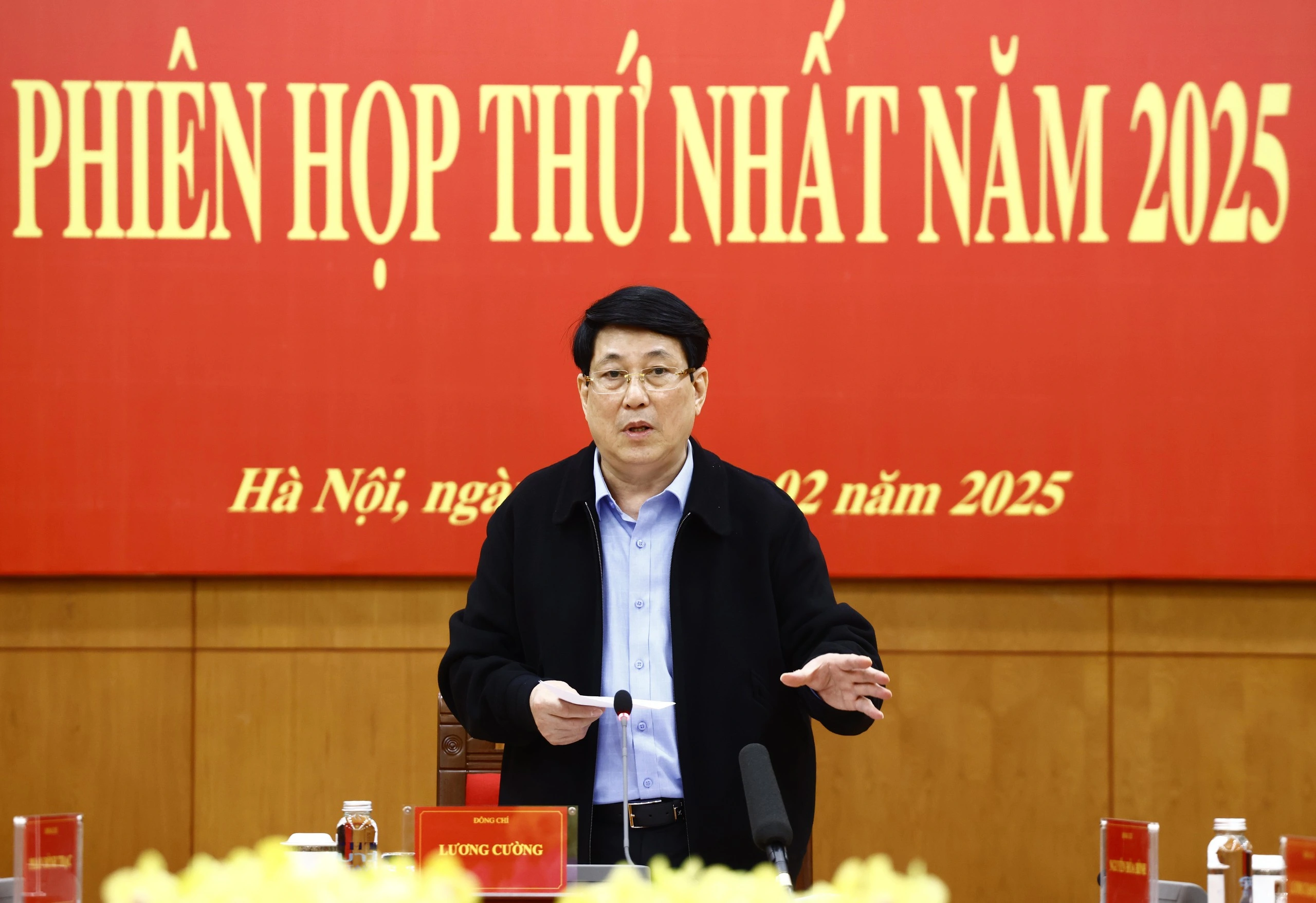





















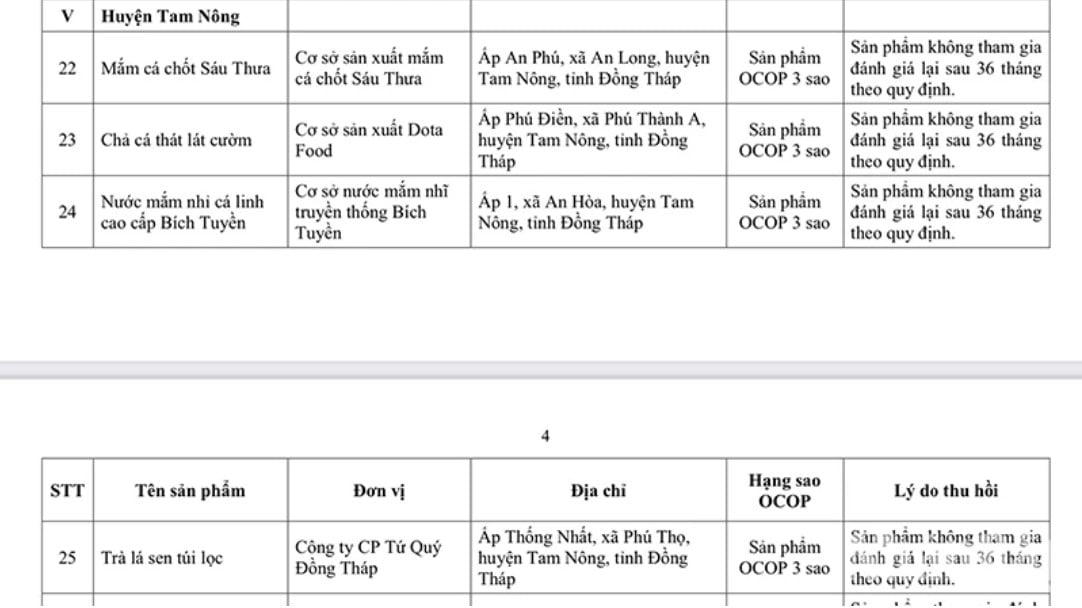


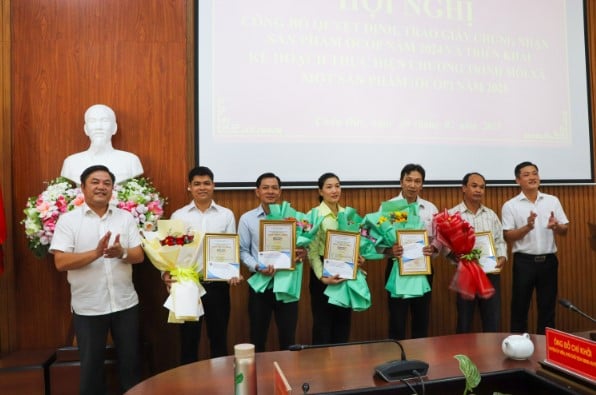

Comment (0)